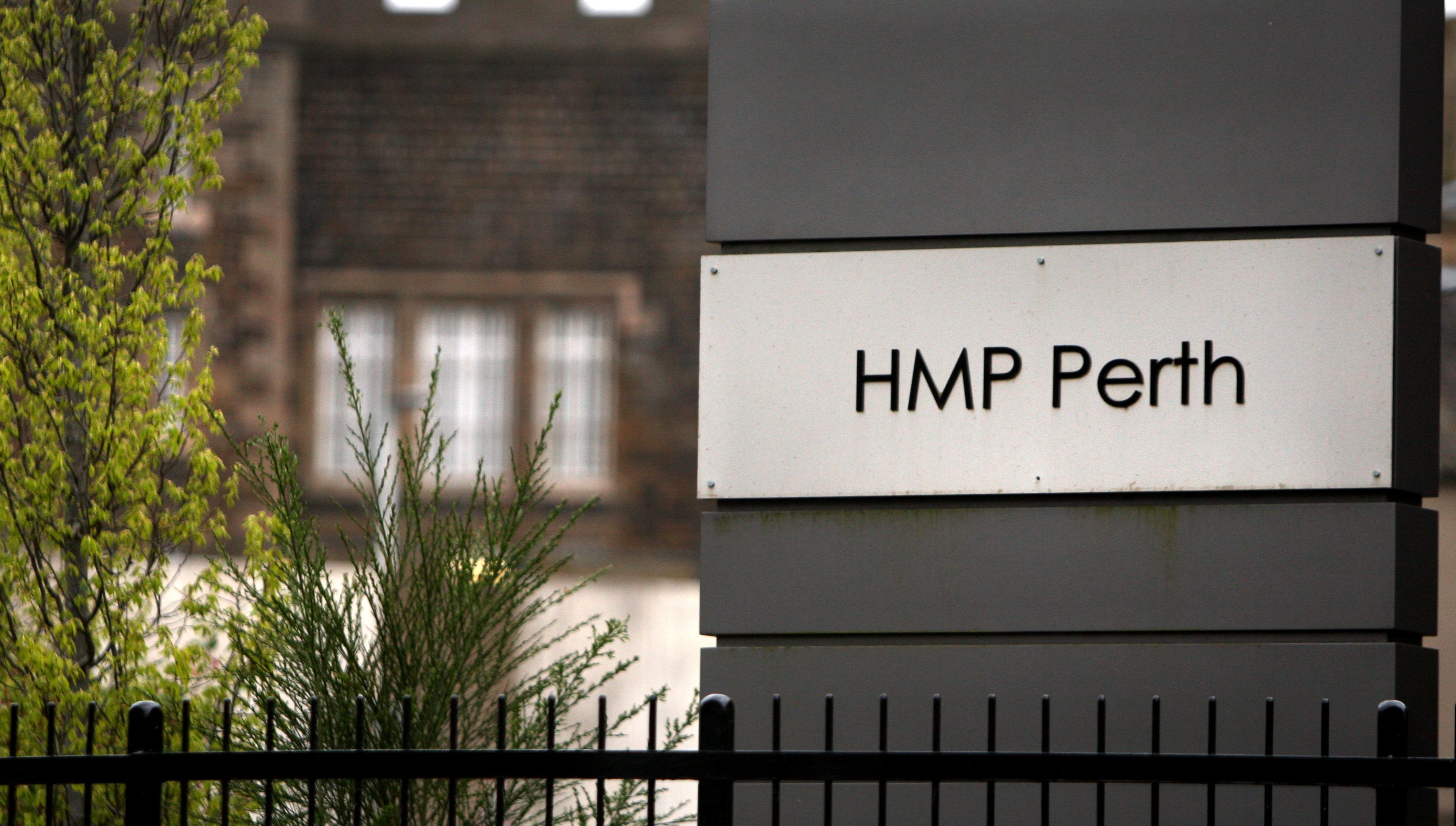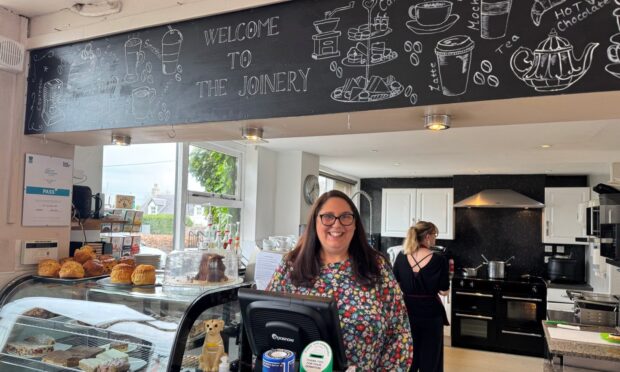More than a third of all prisoners leaving Perth Prison tested positive for illegal drugs, it’s been revealed.
Shocking statistics released by the Scottish Public Health Information for Scotland (ScotPHO) show that 34% of inmates at the Edinburgh Road jail had illegal substances in their system when their term ended.
The figure is actually more than the national average of 30% and was found to be the second-highest rate of all Scottish prisons. And when the figure of prescribed drugs is added to the equation, this showed that 64% of inmates leaving Perth Prison had illicit substances in their body.
The most common substances found in the inmates were benzodiazepines, which include drugs such as valium and cannabis. The ScotPHO statistics relate to the 2016/17 financial year.
This find comes hard on the heels of figures previously obtained by The Courier which showed that around 800 tablets and 300 grams of heroin were found in Perth Prison between April 1, 2016 and March 31 this year.
Prison staff also discovered 76 grams of cannabis and six grams of amphetamine during this time.
Reacting to the latest drug figures released by ScotPHO, a spokesperson for the Scottish Prison Service said: “A range of substance misuse treatment and support services are provided, by adopting a multi-disciplinary approach.
“A comprehensive range of robust security measures are in place to prevent the introduction of contraband into our prisons. Significant investment continues to be made in the development of new technology and staff training to detect, deter and reduce the availability and supply of illegal drugs.
“A total of 76% of prisoners tested on reception had illegal drugs in their system upon entry, against 30% on exit, demonstrating a reduction in prevalence of drug use of 46%.”
And a spokesperson for NHS Tayside added: “Our prisoner healthcare team is committed to ensuring that those in custody are afforded the same opportunities to address their substance use issues as those in a community setting. The team provides recovery–focused intervention for patients requiring support with substance misuse issues and have facilitated an environment in which peer-led and mutual aid approaches are embedded in our day-to-day practice.”










